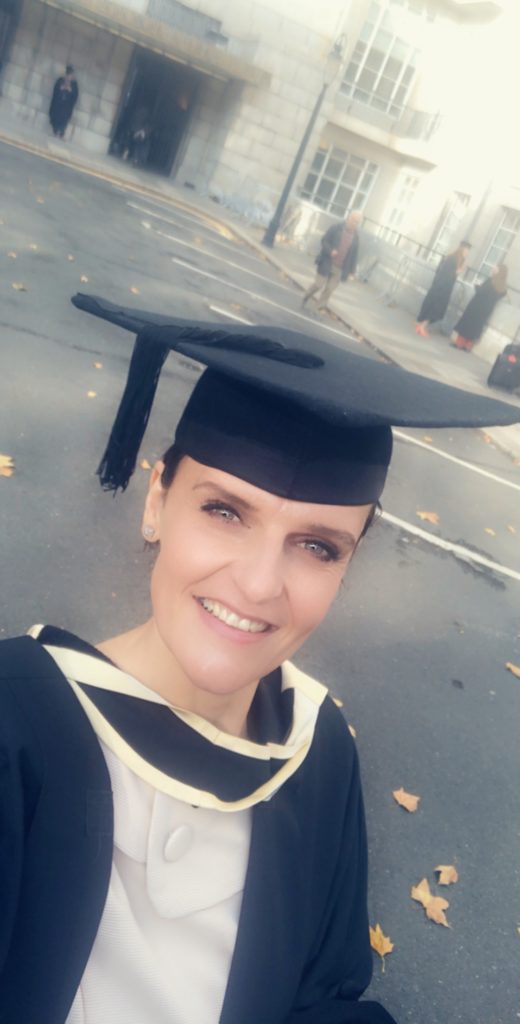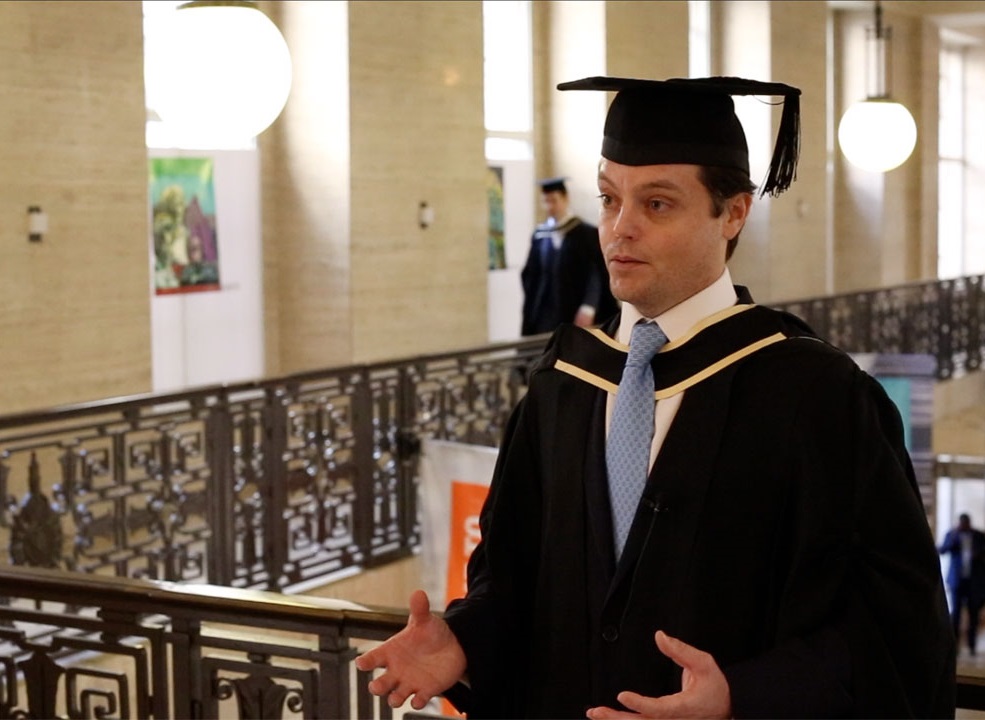In November, Birkbeck Futures delivered two workshops for international students to set them up for career success.
November proved to be an informative month for Birkbeck’s international students, with Birkbeck Futures offering two key employment events.
Birkbeck Futures is a one-stop service that combines the Careers Service, Enterprise Pathways and Birkbeck Talent to support our students and graduates in their future lives.
On the 5 November, Jenna Davies spoke to a bustling audience about Birkbeck’s Student Circus initiative.
Presenting an insightful and inspiring workshop detailing the British job market, Birkbeck Futures encouraged all international students to explore entrepreneurship. Among other topics, this workshop presented students with an overview of the employment environment in the UK as well as tips and tricks for Tier 4 students looking to a begin their professional careers.
Following the Student Circus event, Lucy Robinson then led a session on Tuesday 19 November which outlined employability for Birkbeck’s Tier 4 students.
In her role as head of the Enterprise Pathways scheme, Lucy shared her insight into student employability and the many ways in which work can support students’ evening studies at Birkbeck, from meeting new people to getting a foot in the door of your future career.
Alongside work, she reminded students of the many extracurricular opportunities at Birkbeck, both in their Departments and delivered by the Students’ Union.
Lucy advised students to plan ahead and work out how many hours they can commit to work and other activities in order to get the most out of their time at university.
By seeking to enhance students’ entrepreneurial skills and to help develop business ideas, Enterprise Pathways provides bespoke support for those looking at starting a business.
For further information about the Student Circus initiative, and all other divisions of Birkbeck Futures, please visit the Birkbeck Futures website.
Further Information

